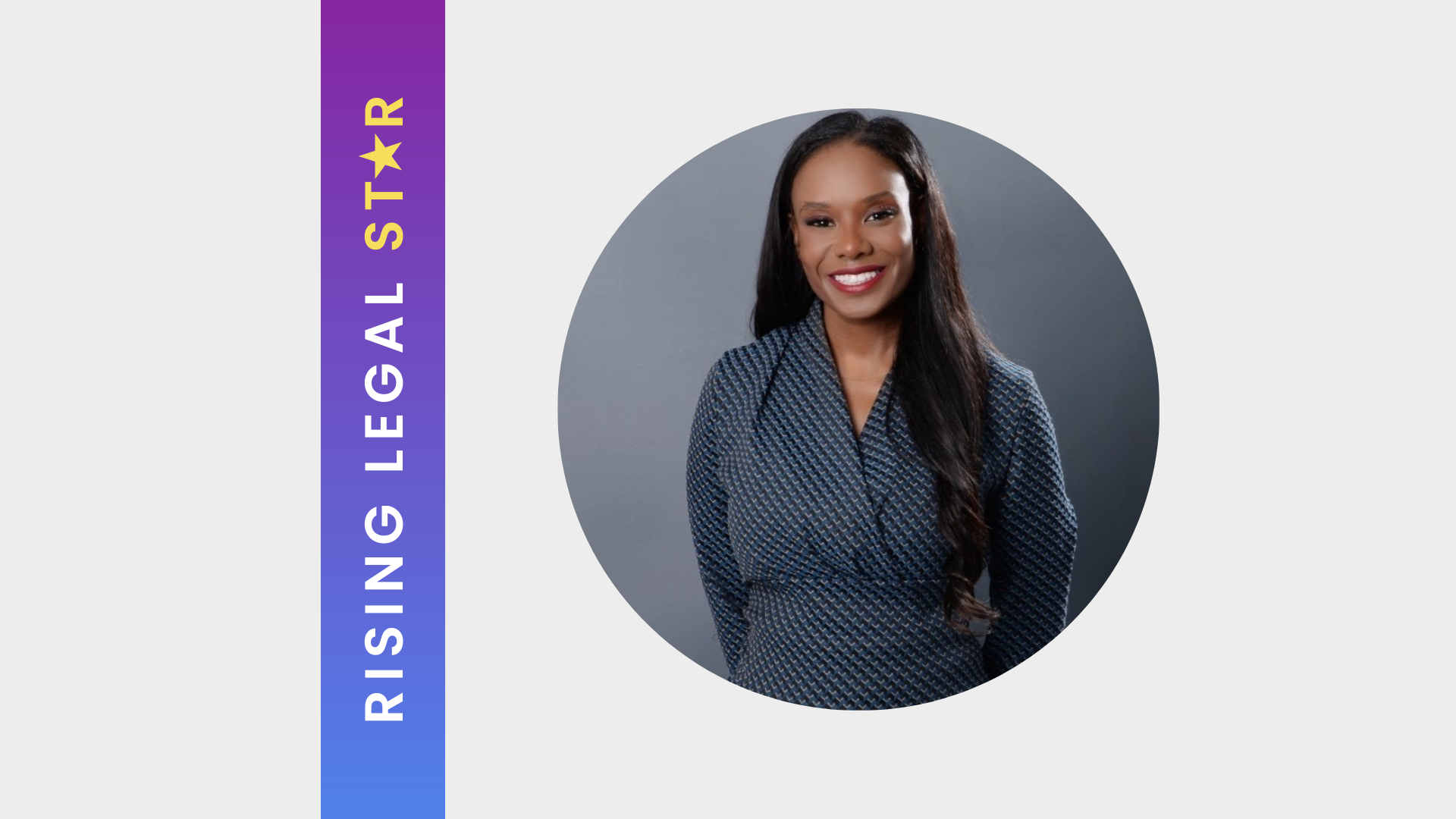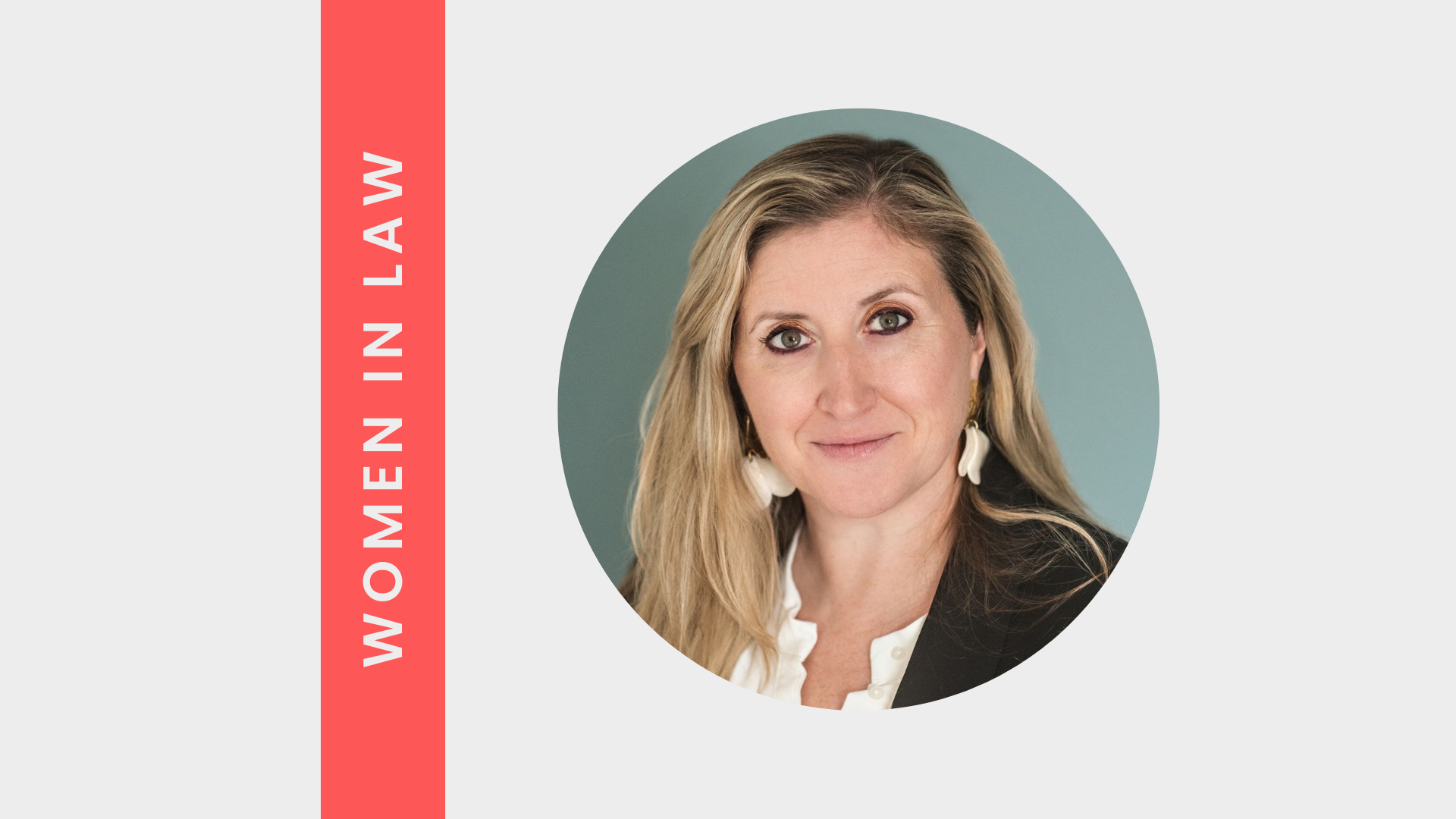Elements - Diversity & Inclusion: Siobhan Hayden .
Siobhan Hayden was most recently the Board Adviser and the COO of HashChing, a progressive and innovative fintech start-up and Australia’s first online marketplace for customers to access verified mortgage brokers. She has 20 years’ experience within the finance and logistics sectors developing operational and people strategies to ensure business success and is passionate about leadership.

What does diversity mean to you?
There’s a great analogy by Holly Kramer: “Diversity is being invited to the party and inclusion is being asked to dance.” As a leader in a consumer-facing business, it is critical that our team reflects the community which we serve, and so diversity means age, ethnicity, capability, gender, and sexual or political orientation. I need a mix of conversations around the table because that’s the mix of people that will be using our platform. As for inclusion, it’s important to have everyone feel comfortable enough to contribute. At HashChing, we held weekly team meetings to discuss challenges in the business that we couldn’t individually solve, and it was my goal to get everyone’s opinions – if you only listen to people just like yourself, you’re never going to learn anything.
–
Do you think you've had to develop certain qualities to be successful in those environments?
I’m not sure. It’s a chicken and egg thing – do I have those qualities and as a result I’m successful, or have I formed those qualities that make me successful? I’d argue it’s the former. I grew up in a suburb without many girls and I played all the traditional boys’ games rather than with dolls. I studied martial arts and I learnt that the only way to advance was through the demonstration of the required skills for the next belt. In martial arts, everyone wears a Gi and this symbolises equality. There is no boy or girl, no ethnicity, nor wealth. Everyone is even and the only differentiator is the belt you are wearing. This gave me a good lens on how to move forward in life and my career and this approach helped me pinpoint my next move and what I had to achieve to make that move. I’ve always been very clear about where I want to go with my career and have gone after it.
–
Are you an advocate of equality of outcome or equality of opportunity?
I don’t think they’re mutually exclusive – you need to be prepared for opportunities as they come. I spoke about Imposter Syndrome on a panel for IWD – people think that I’ve never felt like an imposter, but I’ve stretched myself so significantly in my career that I’ve often felt like an imposter! From leading a team at 24 to the first time presenting to a board, if you stretch yourself, of course you will feel like that. It’s nothing to do with being a woman. Male or female, the safe career route won’t make you feel that way.
–
Some of our interviewees attribute their success to a mentor, some to an attitude of fighting against the tide. What's your perspective?
I think I’ve been successful in male-dominated industries because I simply focused on getting things done. I was passionate about demonstrating my impact through performance. Although I am decisive, all my decisions are underpinned by compassion and my respect for colleagues. I saw my parents work in terrible conditions as factory employees when I was young, and this fuelled me to always strive and focus on respect within the workplace. The treatment of others showcases your own character and I feel that my working style has been critical to my success. In respect of mentors, I was offered one earlier in my career, but I was surprised when they assumed that I would only want a female mentor. I remember challenging the assumption: it’s the strong mentorship I was looking for, nothing to do with them being a woman. My requirements were someone who looked after their health, their work/life balance, their mental wellbeing and their family in a positive way, male or female. It ended up being a man who ticked all those boxes, and he is still a friend and mentor today.
–
Large corporates have made some progress on their journey in diversity and equality in recent times. Do you agree?
In an earlier role, I was included in a working group of women for nearly nine months – worrying straight away that there were no men involved – who were analysing why so few female executives in their mid-30s continued with the business after starting a family. After a significant amount of time, research and collaboration it was announced that the business would offer an additional 6 months of flexible work time after the initial 12 months maternity leave. I was so confused! I was curious how we would attract female executives that chose not to have children, but who might not want to work full time, that was simply not an option. I remember thinking how strange this approach was, given that competitors in different sectors held a completely different standpoint and they were enjoying nearly 50% female leadership because of it. Unfortunately, the business couldn’t see it.
–
How do we move the dialogue along, beyond some companies' tokenistic gestures on IWD, so that it's not business as usual after that date has passed?
I believe it starts at the top. If the Board doesn’t believe that diversity is an important component of the business, then it’s never going to happen, however much it is pushed or discussed in other levels of the business. At HashChing, I had the pleasure of working with nine different cultures in a team of 12, learning about people’s religions, national identities and cultures every day. It would seem very strange in today’s society to work for a company that lacked diversity. Consumers and CX are becoming the key focus in all consumer-facing businesses and the tech firms that have thrived have embraced that view – your business must reflect that customer base and you can only really achieve this through a diverse team behind you.
–
How have your approach and values been received at HashChing, in terms of diversity?
It was just part of our DNA. We don’t have a policy as such, it’s just our viewpoint. One of the advantages of being a start-up is the clean slate – so many institutions either have a very outdated culture or aren’t driven from the right standpoint from the top. I dislike it when I see people treated differently in a hierarchy. I treat everyone, regardless of role or age or sexual or political orientation, with the same level of collaboration, engagement and respect. I am a firm advocate that you can learn something from everybody.
–
Companies value D&I initiatives differently, what advice would you give job seekers in regard of this?
I would challenge the talent out there to not consider working in businesses that don’t have it as a passion point if it’s part of their own value system. Find somewhere that supports your values and is reflective of the community.
Our latest insights







